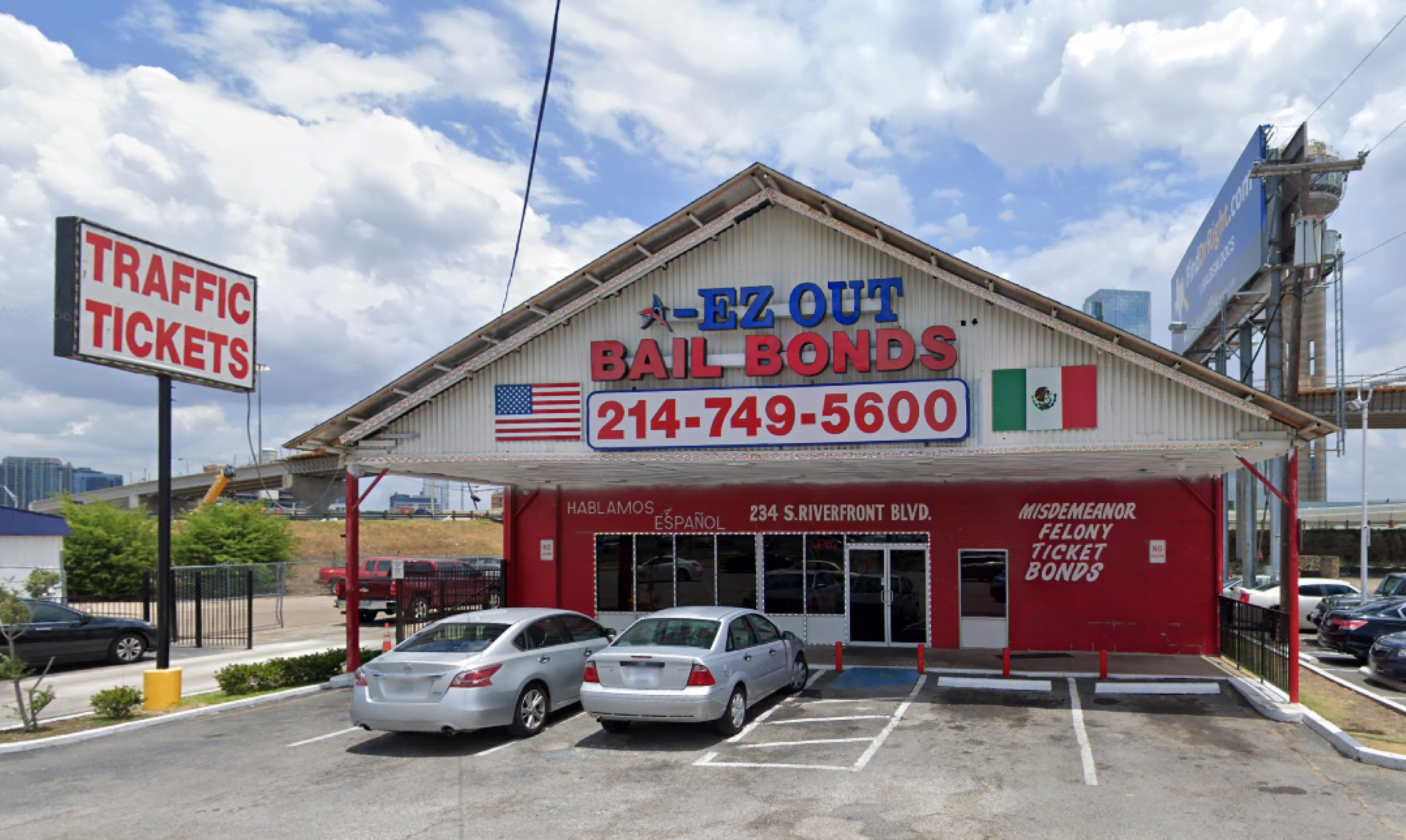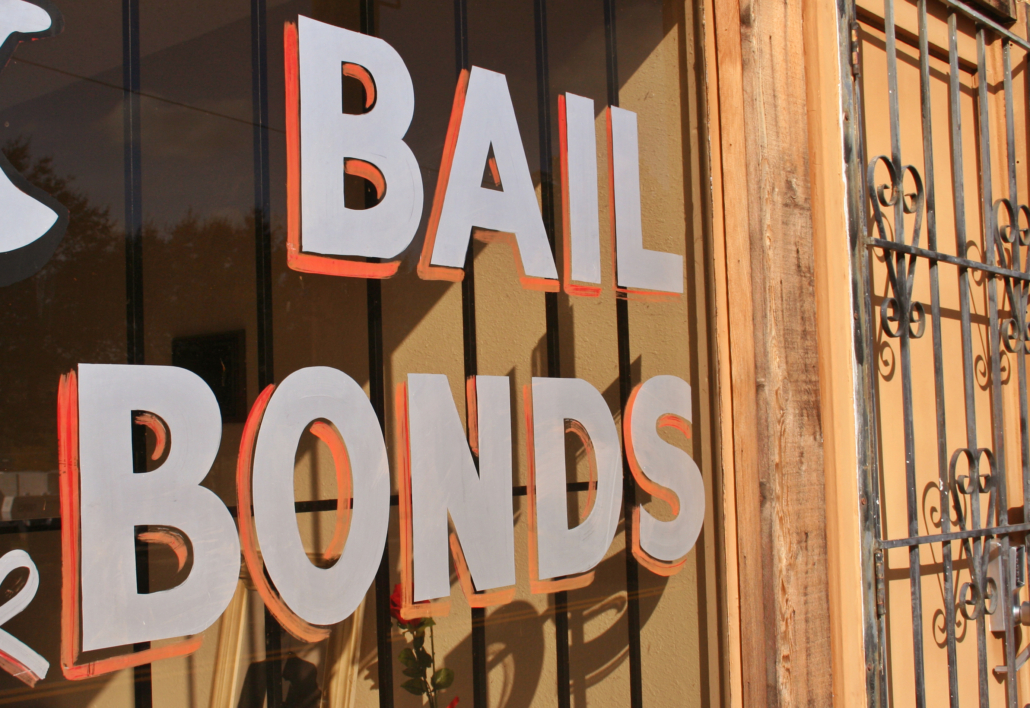Why Select Craven Bail Bonds Mansfield Ohio for Your Demands Today
Why Select Craven Bail Bonds Mansfield Ohio for Your Demands Today
Blog Article
The Role of Bail Bonds in Making Certain a Fair and Efficient Judicial Process
The function of bail bonds in the judicial procedure is multifaceted, discussing concerns of justness, effectiveness, and financial variation. While they offer an essential system for defendants to secure pretrial release, bail bonds likewise increase essential questions regarding equality and justice. Exactly how do these monetary instruments affect the civil liberties of the charged, and what are the broader ramifications for our lawful system? As we discover the lawful structures and social factors to consider surrounding bail bonds, we have to also take into consideration the recurring difficulties and reform efforts that aim to stabilize private flexibilities with public security.
Comprehending the Bail System
Navigating the intricacies of the bail system is essential for comprehending exactly how people charged of criminal offenses are momentarily launched from custodianship while waiting for test. At its core, the bail system is developed to ensure that a charged person returns for court appearances while allowing them to preserve their life during the interim. The procedure starts once an accused is billed and brought in the past a judge, who determines the bail amount based upon variables such as the seriousness of the claimed offense, the offender's criminal history, and possible trip risk.
Bail can take different kinds, consisting of money bonds, property bonds, and surety bonds. Guaranty bonds, typically helped with by bail bond agents, permit accuseds to pay a percent of the bail amount, with the representative supplying a monetary guarantee to the court.

Legal Structure and Regulations
The lawful framework and guidelines governing the bail system regularly play a crucial role in forming its application and fairness. These legal constructs are mostly intended at stabilizing the rate of interests of the charged, the victims, and society. Statutory provisions, case legislation, and step-by-step policies collectively develop the structure whereupon the bail system operates. When establishing bail., trick regulations such as the Bail Reform Act establishes out standards that figure out qualification, conditions, and factors considered by courts.
Judicial discretion is one more cornerstone of the bail procedure, equipping judges to assess the nuances of each instance. Nevertheless, this discretion is guided by a collection of legal factors, consisting of the severity of the infraction, flight danger, and possible threat to the neighborhood. Furthermore, policies usually offer various kinds of bail, such as cash bail, surety bonds, and release on recognizance, each with unique requirements and implications.
Furthermore, reforms in recent times have sought to address systemic inequities, such as racial biases and economic differences, influencing bail decisions (best bail bonds mansfield ohio). These reforms aim to improve the justness of the judicial procedure, guaranteeing that the lawful framework adapts to contemporary social demands while preserving public security and due procedure
Influence on Offenders' Rights
While the bail system is designed to make certain both the charged's look at test and the safety of the community, it significantly affects accuseds' legal rights, particularly when my website defalcated or affected by inequitable aspects. At its core, the need for bail can weaken the assumption of virtue, a basic concept of justice. Offenders who can not pay for bail might encounter prolonged pretrial apprehension, which can lead to loss of real estate, household, and employment interruption, thus impacting their ability to install an effective protection.
Additionally, the bail system can aggravate existing inequalities. Those with limited funds might be persuaded into pleading guilty to lower costs to expedite launch, regardless of their actual guilt or virtue. This vibrant increases worries regarding the justness and honesty of the judicial procedure, as it may compel people to make legal decisions based upon financial restraints as opposed to the values of their instance.
Furthermore, the psychological influence of pretrial detention can impair an accused's psychological health and wellness and decision-making capability, even more infringing on their legal rights. The system's dependence on financial bail commonly stops working to take into consideration alternate measures, such as digital surveillance or neighborhood supervision, which could balance public safety with supporting defendants' rights.
Economic and Social Considerations

From a broader social point of view, the bail system adds to broader social inequalities. Neighborhoods with high rates of pretrial apprehension experience raised instability, as people who could otherwise contribute favorably to their areas discover themselves entangled in the justice system. This sensation can fuel cycles of hardship and criminal activity, undermining public security and neighborhood communication.
In addition, the financial implications expand beyond private accuseds, as taxpayers pay of maintaining chock-full detention facilities. This increases questions about the appropriation of public resources visit their website and the efficiency of such expenses in attaining justice - bail bonds richland county. Attending to these economic and social considerations is necessary for a much more fair judicial process that focuses on both justness and efficiency in its procedures
Difficulties and Reform Efforts
Navigating the difficulties of the bail system reveals a complex internet of lawful, social, and financial problems that demand comprehensive reform efforts. The current system commonly overmuch influences low-income offenders that are not able to pay for bail, leading to extended pretrial apprehension.
Reform efforts are obtaining momentum, with a concentrate on producing a more equitable system. Territories across the USA are exploring options such as threat assessment devices that review an offender's possibility to stop working or reoffend to show up in court. These devices aim to replace cash bail with non-monetary problems of launch. Additionally, some states are applying legislative modifications to eliminate or limit cash money bail for non-violent offenses.
Nonetheless, these reforms are met criticism and obstacles, particularly concerning the accuracy and fairness of danger analyses and possible biases. Successful reform needs cooperation among policymakers, attorneys, and community stakeholders to make certain that the modifications advertise justice without compromising public safety and security.
Final Thought

Surety bonds, commonly facilitated by bail bond agents, enable defendants to pay a percentage of the bail amount, with the agent giving a monetary assurance to the court.
Key legislation such as the Bail Reform Act establishes out guidelines that identify eligibility, problems, and factors thought about by courts when setting bail.
In addition, regulations often give for different kinds of bail, such as cash money bail, guaranty bonds, and release on recognizance, each with distinctive needs and ramifications.
While the bail system is created to make certain both the accused's look at trial and the security of the community, it dramatically impacts offenders' legal rights, specifically when misapplied or affected by inequitable aspects.The bail bond system plays an essential role in balancing the judicial procedure by giving economic systems that facilitate defendants' release while waiting for test.
Report this page